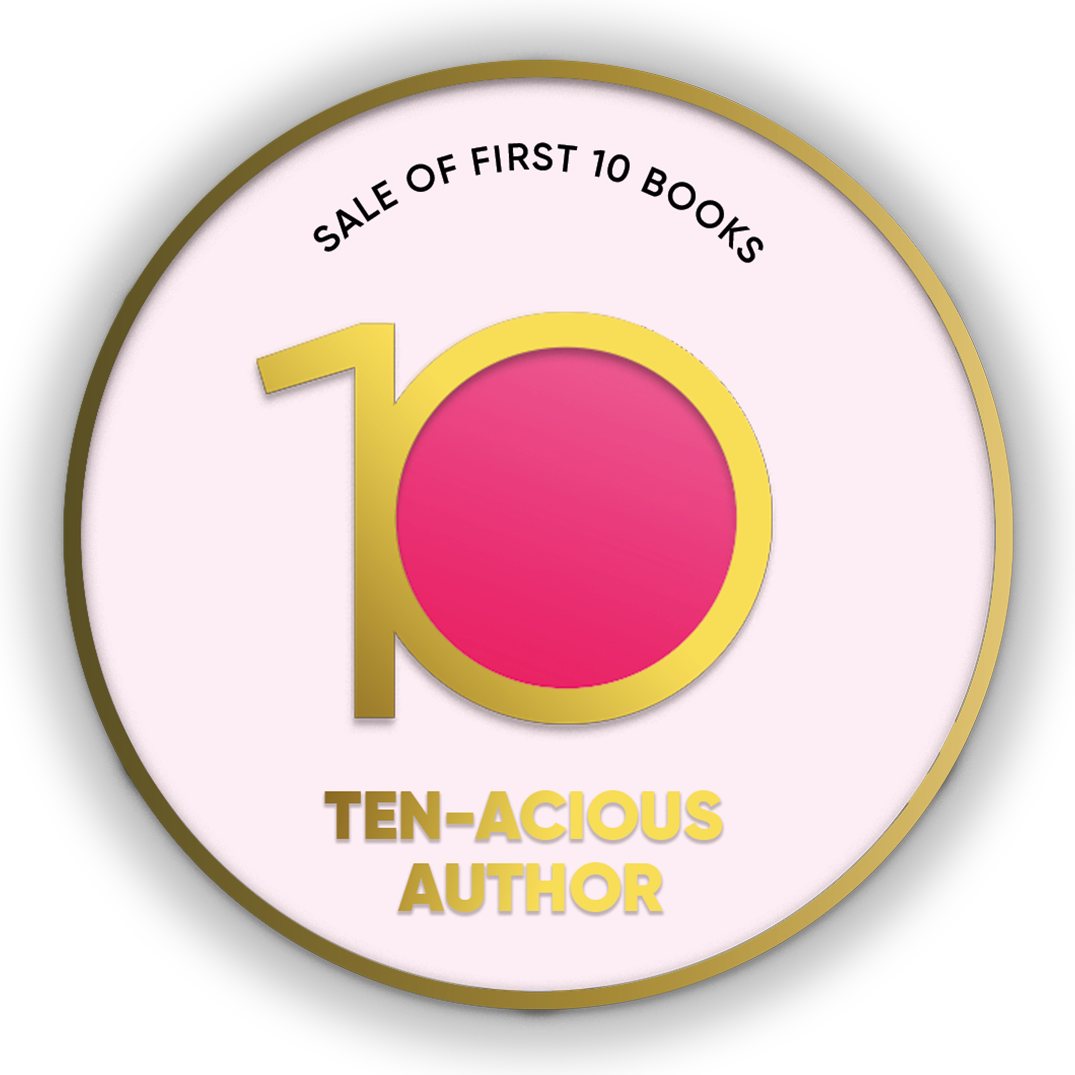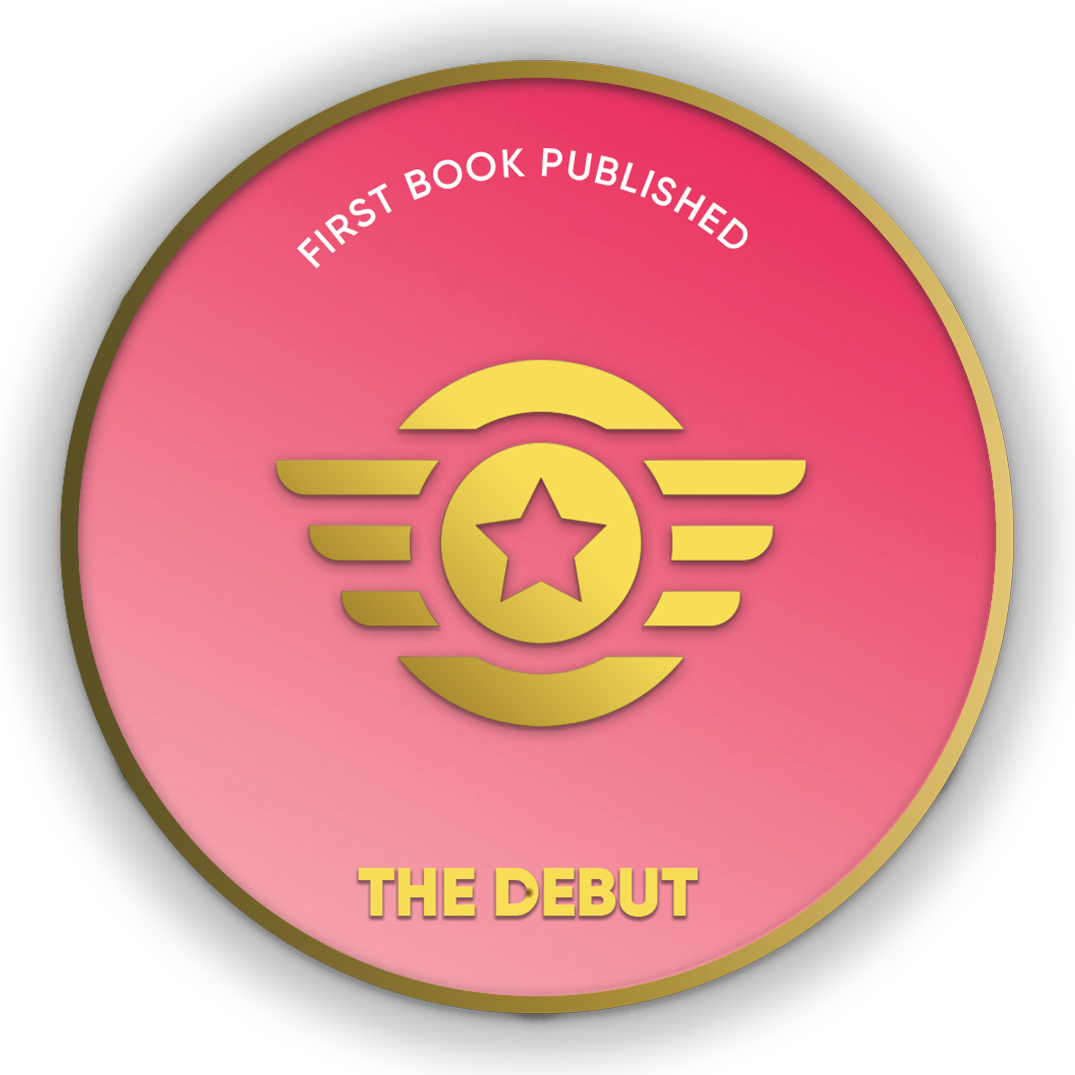
- Discover books
- For Writers
-
For Writers
-
Indie Author Championship
-
Challenges
Writing Contests
- Get Started

"It was a wonderful experience interacting with you and appreciate the way you have planned and executed the whole publication process within the agreed timelines.”
Subrat SaurabhAuthor of Kuch Woh Pal -
Taro Maeyashiki
Taro Maeyashiki is a lecturer at Kyushu Kyoritsu University, specializing in Mark Twain and other American and British writers.Read More...
Taro Maeyashiki is a lecturer at Kyushu Kyoritsu University, specializing in Mark Twain and other American and British writers.
Read Less...Crop your profile image

What It Means to Be Human (Colour Edition)
Books by Taro Maeyashiki
This book, What It Means to Be Human: Moral and Existential Questions in British and American Literature, is a selective anthology of academic articles exploring the wide and complex field of American and British literature from the 17th to the 21st century, their moral, psychological, philosophical and sociological implications, and closer, deeper reading of a rich variety of texts.
The common thread that links this wide-ranging exploration of l
This book, What It Means to Be Human: Moral and Existential Questions in British and American Literature, is a selective anthology of academic articles exploring the wide and complex field of American and British literature from the 17th to the 21st century, their moral, psychological, philosophical and sociological implications, and closer, deeper reading of a rich variety of texts.
The common thread that links this wide-ranging exploration of literary questions is the sense that, at its best, literature does not just mirror reality; it ruptures relations, displaces certainties, and wrestles us from complacency in our understanding of justice, love, freedom, and the precarious scaffolding of the self. These fictions never yield clear answers or definitive truths; rather, they leave us in a state of discomfort and uncertainty amid contradiction and moral ambiguity. Moreover, most importantly, they beckon us, always, to hear the thoughts of those seated at the intersection of art and ethics.
I hope this volume will be a space for continued thought and dialogue, and a source of inspiration for the readers to return to the literary works to interrogate, resist, remember, and humanize.
What It Means to Be Human
Books by Taro Maeyashiki
This book, What It Means to Be Human: Moral and Existential Questions in British and American Literature, is a selective anthology of academic articles exploring the wide and complex field of American and British literature from the 17th to the 21st century, their moral, psychological, philosophical and sociological implications, and closer, deeper reading of a rich variety of texts.
The common thread that links this wide-ranging exploration of literary
This book, What It Means to Be Human: Moral and Existential Questions in British and American Literature, is a selective anthology of academic articles exploring the wide and complex field of American and British literature from the 17th to the 21st century, their moral, psychological, philosophical and sociological implications, and closer, deeper reading of a rich variety of texts.
The common thread that links this wide-ranging exploration of literary questions is the sense that, at its best, literature does not just mirror reality; it ruptures relations, displaces certainties, and wrestles us from complacency in our understanding of justice, love, freedom, and the precarious scaffolding of the self. These fictions never yield clear answers or definitive truths; rather, they leave us in a state of discomfort and uncertainty amid contradiction and moral ambiguity. Moreover, most importantly, they beckon us, always, to hear the thoughts of those seated at the intersection of art and ethics.
I hope this volume will be a space for continued thought and dialogue, and a source of inspiration for the readers to return to the literary works to interrogate, resist, remember, and humanize.
Decoding the Enigma of "NATURAL MAN" in Mark Twain's Works
Books by Taro Maeyashiki
"Decoding the Enigma of “Natural Man” in Mark Twain’s Works" is an unexpected journey to the very heart of the utterly brightest American author, Mark Twain, the way he presented the phenomenon of “natural man” one of Jean-Jacques Rousseau’s philosophy cornerstones. In this book, completely new for the genre, Taro Maeyashiki reveals the unique plan of Mark Twain’s fantastic worlds of literary characters using the one of the most noble and philoso
"Decoding the Enigma of “Natural Man” in Mark Twain’s Works" is an unexpected journey to the very heart of the utterly brightest American author, Mark Twain, the way he presented the phenomenon of “natural man” one of Jean-Jacques Rousseau’s philosophy cornerstones. In this book, completely new for the genre, Taro Maeyashiki reveals the unique plan of Mark Twain’s fantastic worlds of literary characters using the one of the most noble and philosophical topics prisms. Maeyashiki, noticing, as the thick conceptual fog dissipates around the concept of “natural man,” explores how “natural man” can in fact be truly natural or free or innocent but at the same time, individual who has his sense of justice and injustice before a faceless society. Maeyashiki’s work is impressive not only due to derivative because, by analyzing, he tried to mean Twain’s perception of “natural man.” This work is not only to do with the literary world but venture into Twain’s internal essence analysis, his life, his philosophy, skepticism about the course of society development, and barely noticeable ideal simplification tendency, from the moral point of view. Referring to Rousseau’s theoretical notion of “natural man,” Maeyashiki writes that, essentially, Mark Twain was depicting the concept in his stories’ characters. This book is the readers’ dedication, as it allows us to look at Twain differently, through the high philosophical issues prism related to the essence of human nature and the destructibility of outer constrictions.

Are you sure you want to close this?
You might lose all unsaved changes.
Select from one of our global stores to continue
 India
India
 Malaysia
Malaysia
 Singapore
Singapore
 UAE
UAE
Warning Message
The items in your Cart will be deleted, click ok to proceed.













